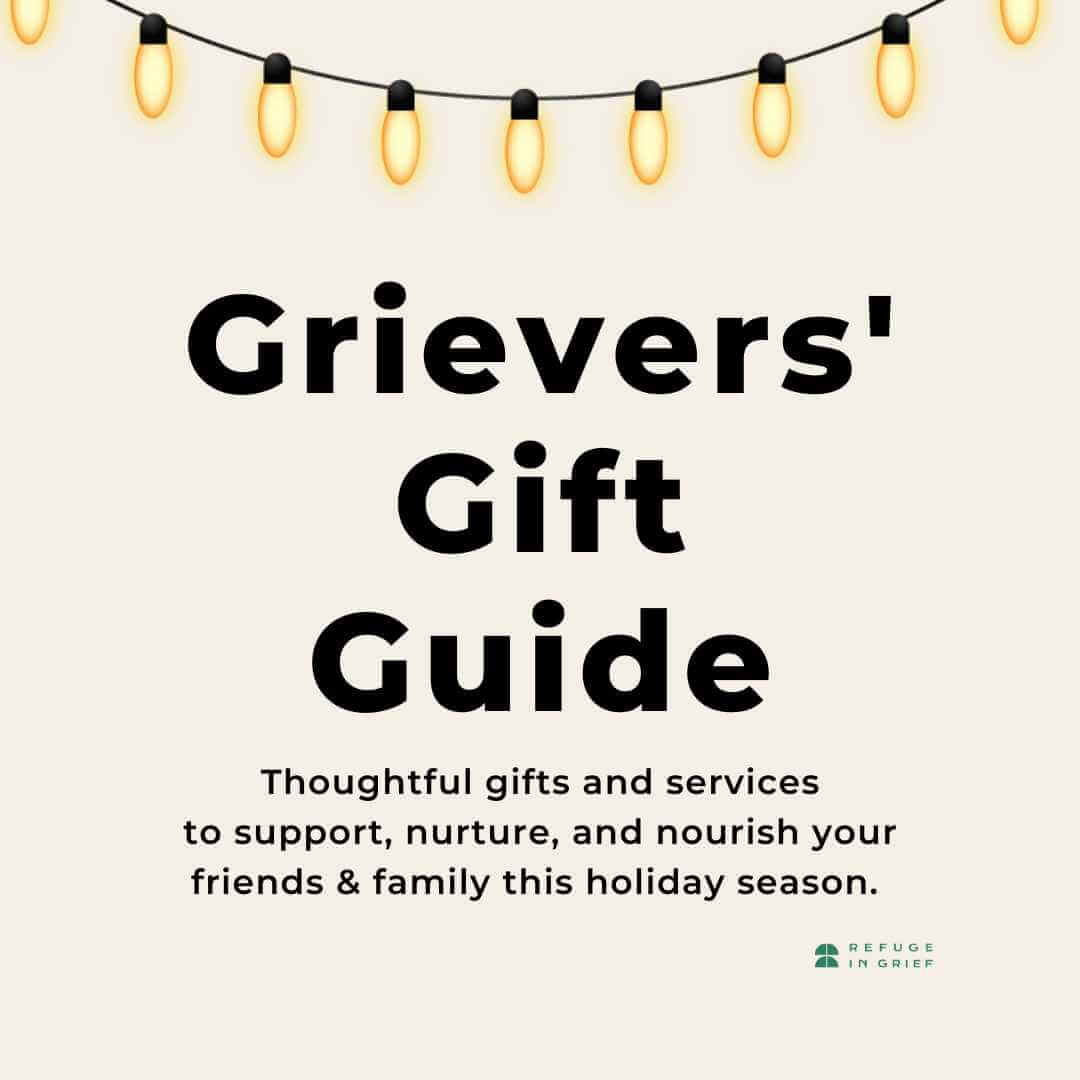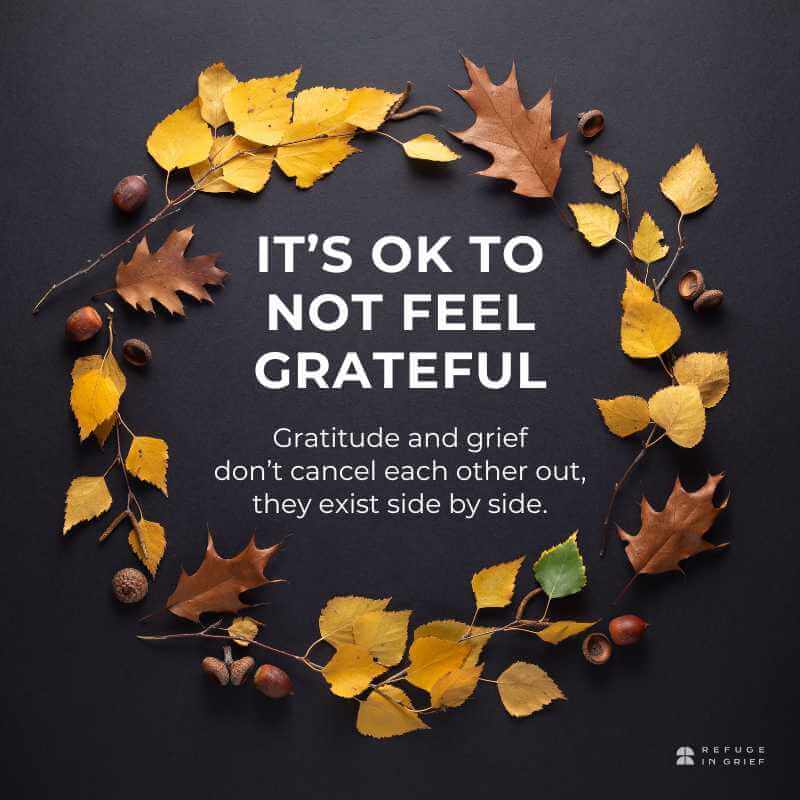Prolonged Grief Disorder: Our Systems are Broken
We gets lots of requests for me to talk about “prolonged grief disorder” or PGD. Comments, DMs, emails. All the time.
To be honest, it’s such a massively messed up thing, I dread getting into it. I recently spent most of a day reading various articles, research papers, and official medical journal takes on PGD. Reading stuff about prolonged grief disorder made me so mad I feel like I can only gesticulate wildly and rant in fragments about capitalism’s effect on mental health and relational skillsets.
If you’re not up for a rant today, here’s a very brief summary:
Grief is bad because it makes it hard to be productive. Our work hard / make money / be resilient culture does not like “unproductive.”
I promise I’ll talk more about it soon. We’ve got a podcast episode in the works, and probably an op-ed or two, and discussion of PGD shows up in the workshops, talks, and trainings I’ve got coming this year.
More rant, if you’re into it:
Prolonged grief disorder presents a complex issue that connects the historical avoidance of pain, a desire to “fix” everyone, misogyny, racism, and capitalism, PLUS the insurance reimbursement systems that say you can’t get help if you aren’t “broken,” so we need there to be something broken in you that we can fix.
If we normalize this very normal human experience, insurance companies won’t want to pay for treatment/support, which means a lot of people can’t access care if they aren’t labeled with a “disorder.”
And THEN we’ve got folks who feel they need the official medical diagnosis in order to prove to their friends and family that they have a right to grieve – it’s a way to legitimize their feelings and experience, and that’s important.
This is what I mean, friends – addressing the issue of PGD and other similar diagnoses is a whole cauldron of inter-related problems that go far beyond grief itself. It’s a symptom of the machinery of capitalism and greed, and when you’re grieving – you don’t always care much about that stuff (with good reason).
So for now, the short the answer of why we’ve even got a pathology-based view of grief, backed by the medical industry, is capitalism. If you’re sad for too long, you’re not “productive,” and your emotional state is a real downer to the people around you.
When you read articles online about prolonged grief disorder and how “the whole world is at risk,” remind yourself that grief is normal and healthy, and no one gets to tell you how to grieve. If it helps, read those things and tell yourself “it’s a broken system.”
Stay tuned for more from me about PGD. In the meantime, for more information about our historical patterns of grief avoidance and the medicalization of grief, check out It’s OK that You’re Not OK: Meeting Grief and Loss in a Culture that Doesn’t Understand.
When you read articles online about prolonged grief disorder, remind yourself that grief is normal and healthy, and no one gets to tell you how to grieve. If it helps, read those things and tell yourself 'it's a broken system.' Click To Tweet

